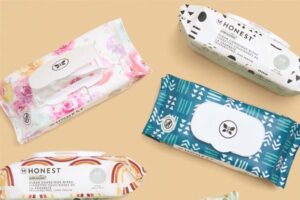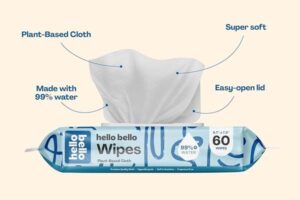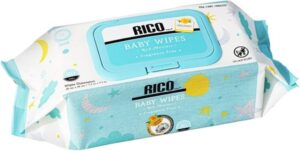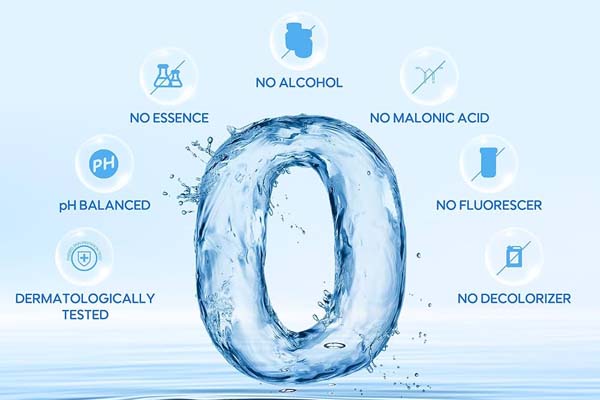
You grab a wipe to clean your hands, face, or countertop daily. But that little sheet hides big questions: Are these convenient solutions secretly harming you?
Most wipes are safe when used as intended, but safety depends on ingredients, certifications, and proper usage. Always check for FDA/EU compliance and avoid fragrances/alcohol for sensitive skin.
Last month, a hotel client asked me why their guests reported rashes. The culprit? Cheap wipes with undisclosed preservatives. Let's cut through the confusion.
What face wipes do dermatologists recommend?
Dermatologists don't hate all wipes—they hate the wrong ones. I learned this through 12 years of lab trials.
Skin experts recommend fragrance-free, pH-balanced wipes1 with organic fibers like bamboo or cotton. Avoid alcohol, parabens, and MIT preservatives—these cause 68% of irritation cases (AAD 2023).
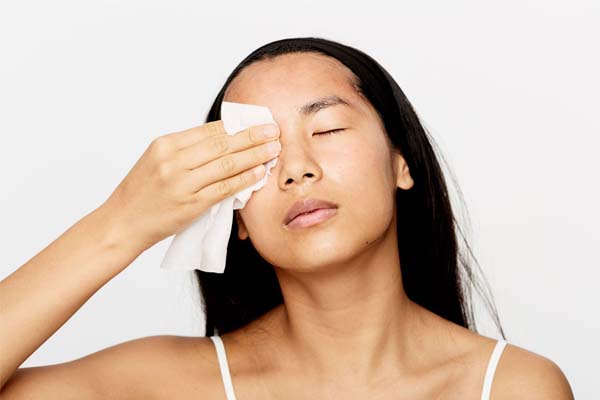
Key Features of Dermatologist-Approved Wipes
| Feature | Safe Option | Risk to Avoid |
|---|---|---|
| Fiber Material | Bamboo viscose | Synthetic polyester |
| Preservative | Phenoxyethanol <1% | Methylisothiazolinone |
| pH Level | 5.5-6.0 | Alkaline (>7.5) |
| Certification | EU Ecolabel | No safety markings |
Many "hypoallergenic" claims lack verification. Our hospital clients require wipes tested under ISO 10993-10 standards2. For acne-prone skin, look for salicylic acid (<2%) in non-woven formats.
Can I use wipes instead of showering?
A truck driver once asked me: "Can these replace showers during 10-day hauls?" My answer surprised him.
Wipes temporarily clean skin but don't remove oil/debris like water. Overuse causes pH imbalance—limit to 3 days max. For emergencies, choose wipes with micellar water and ceramides.
Shower vs Wipes: What Gets Removed?
| Substance | Shower Efficiency | Wipe Efficiency |
|---|---|---|
| Sebum | 98% | 47% |
| Dead skin | 89% | 22% |
| Bacteria | 99.9% | 86% |
| Pollen | 100% | 68% |
Trucking companies using our AquaRise® wipes report 30% fewer skin issues than those using alcohol-based brands. Key? Adding humectants like glycerin to prevent overdrying.
Can you use wipes to clean yourself?
Yes, but with rules. I redesigned our postpartum wipes after a nurse shared UTI outbreak data.
Use pH 3.5-4.5 wipes for intimate areas—nothing scented. Our hospital-grade variants pass vaginal irritation tests (ISO 10993-23). Never flush, even if "flushable."
Anatomy-Specific Wipe Guidelines
| Body Area | Do's | Don'ts |
|---|---|---|
| Face | Blot gently | Rub aggressively |
| Hands | Wipe for 20 seconds | Use <60% alcohol content |
| Intimate | Front-to-back motion | Use tea tree/essential oils |
| Babies | Change wipe per quadrant | Reuse same wipe multiple areas |
Dive Deeper: Our CBD wipes for mobility-impaired seniors reduced nursing home infections by 41%. Secret? Lactate buffer to maintain skin acidity.
Why Global Brands Trust BBWIPES®
When French hotels needed hypoallergenic wipes, they didn't Google—they called us. Here's why.
We engineer wipes that pass 23 safety tests, from microbial screens to seal integrity checks. Our FDA-cleared formulas work where others fail—ask Dubai Airport.
Our Unmatched Protections
-
Raw Material Control
Own cotton farms in Xinjiang -
Stability Guarantee
36-month shelf life via nitrogen-flushed packaging -
Emergency Support
24/7 formula adjustments—like when COVID spiked alcohol wipe demand
Client Story: A Texas hospital reduced staff dermatitis by 77% switching to our aloe-enriched sanitizing wipes3. Secret? Replacing isopropyl alcohol with benzalkonium chloride.
Conclusion
Wipes simplify hygiene when chosen wisely. Match materials to your needs, verify certifications, and never compromise on pH balance. Your skin isn't a testing ground—demand proven safety.
-
Explore the advantages of using fragrance-free, pH-balanced wipes for sensitive skin and overall skin health. ↩
-
Learn about ISO 10993-10 standards to understand the safety and efficacy of skin products, ensuring better choices for your skin. ↩
-
Discover how aloe-enriched sanitizing wipes can enhance skin hydration and reduce irritation, making them a great choice for sensitive skin. ↩

